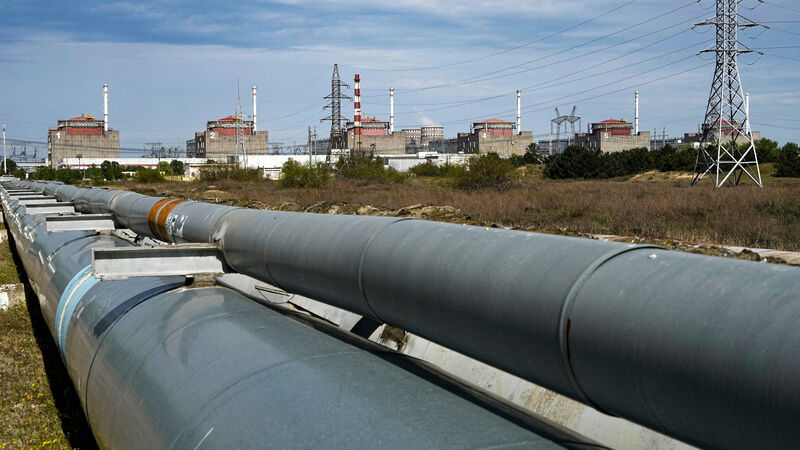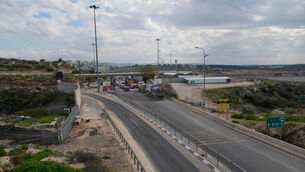Zelenskyy warns Russian drones endanger safety at nuclear power plants

Zaporizhzhia nuclear power station is in territory under Russian military control (AP)
Russia’s sustained bombardment of Ukraine’s power grid is deepening concerns about the safety of the country’s nuclear facilities after a drone knocked out power for more than three hours to the site of the 1986 Chernobyl nuclear disaster.
While both Chernobyl and the Russian-occupied Zaporizhzhia nuclear power plant are not working, they still require a constant power supply to run crucial cooling systems for spent fuel rods in order to avoid a potential nuclear incident.











